Mathadone 40mg
$500.00
Methadone may cause a life-threatening heart rhythm disorder. Call your doctor at once if you have a headache with chest pain and severe dizziness, and fast or pounding heartbeats. Your heart function may need to be checked during treatment.
Methadone is a long-acting opioid medication that is used to reduce withdrawal symptoms in people addicted to heroin or other narcotic drugs, and it can also used as a pain reliever. When methadone is used for Opioid Use Disorder (OUD) it reduces withdrawal symptoms and drug cravings, but does not cause the “high” associated with the drug addiction. Methadone is highly regulated medication (Schedule 2 Controlled Substances Act) and when used for OUD is only available through approved opioid treatment programs (OTP) that involves regular monitoring, counseling, and drug testing to make sure that patients are making progress in their recovery.
When methadone is used for pain it should only be used for pain that is severe enough to require daily, around-the-clock, long-term opioid treatment when no other treatment options have helped adequately. This medicine is not for use on an as-needed basis for pain.
Methadone works by activating the opioid receptors in the brain and nervous system, it is usually taken orally as a liquid or tablet.
Warnings
You should not use this medicine if you have severe asthma or breathing problems, or a blockage in your stomach or intestines.
MISUSE OF METHADONE CAN CAUSE ADDICTION, OVERDOSE, OR DEATH, especially in a child or other person using the medicine without a prescription. Keep the medication in a place where others cannot get to it.
Taking opioid medicine during pregnancy may cause life-threatening withdrawal symptoms in the newborn. See below for more information on using this medicine in pregnancy.
Fatal side effects can occur if you use opioid medicine with alcohol, or with other drugs that cause drowsiness or slow your breathing.
Methadone may cause a life-threatening heart rhythm disorder. Call your doctor at once if you have a headache with chest pain and severe dizziness, and fast or pounding heartbeats. Your heart function may need to be checked during treatment.
Be the first to review “Mathadone 40mg” Cancel reply
You must be logged in to post a review.
Related products
Pills
Pills
Pills

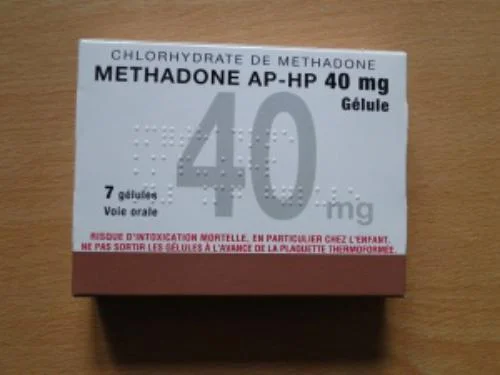
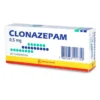
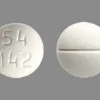
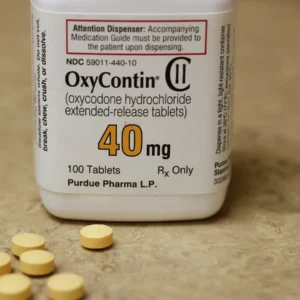
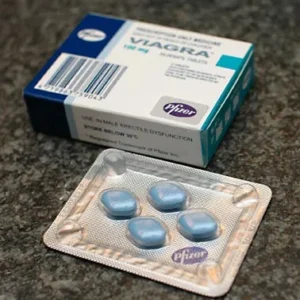

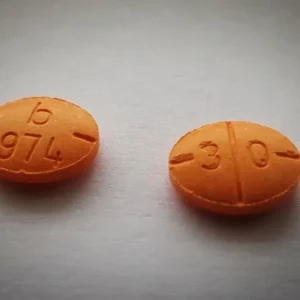
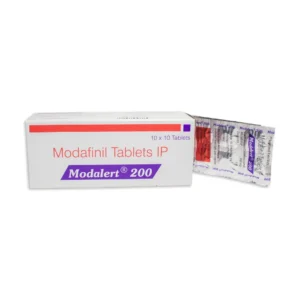
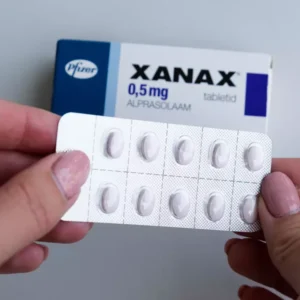
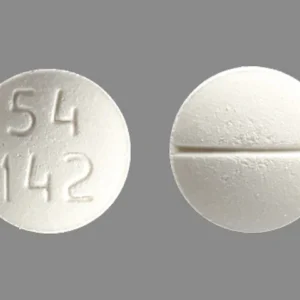

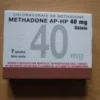
Reviews
There are no reviews yet.